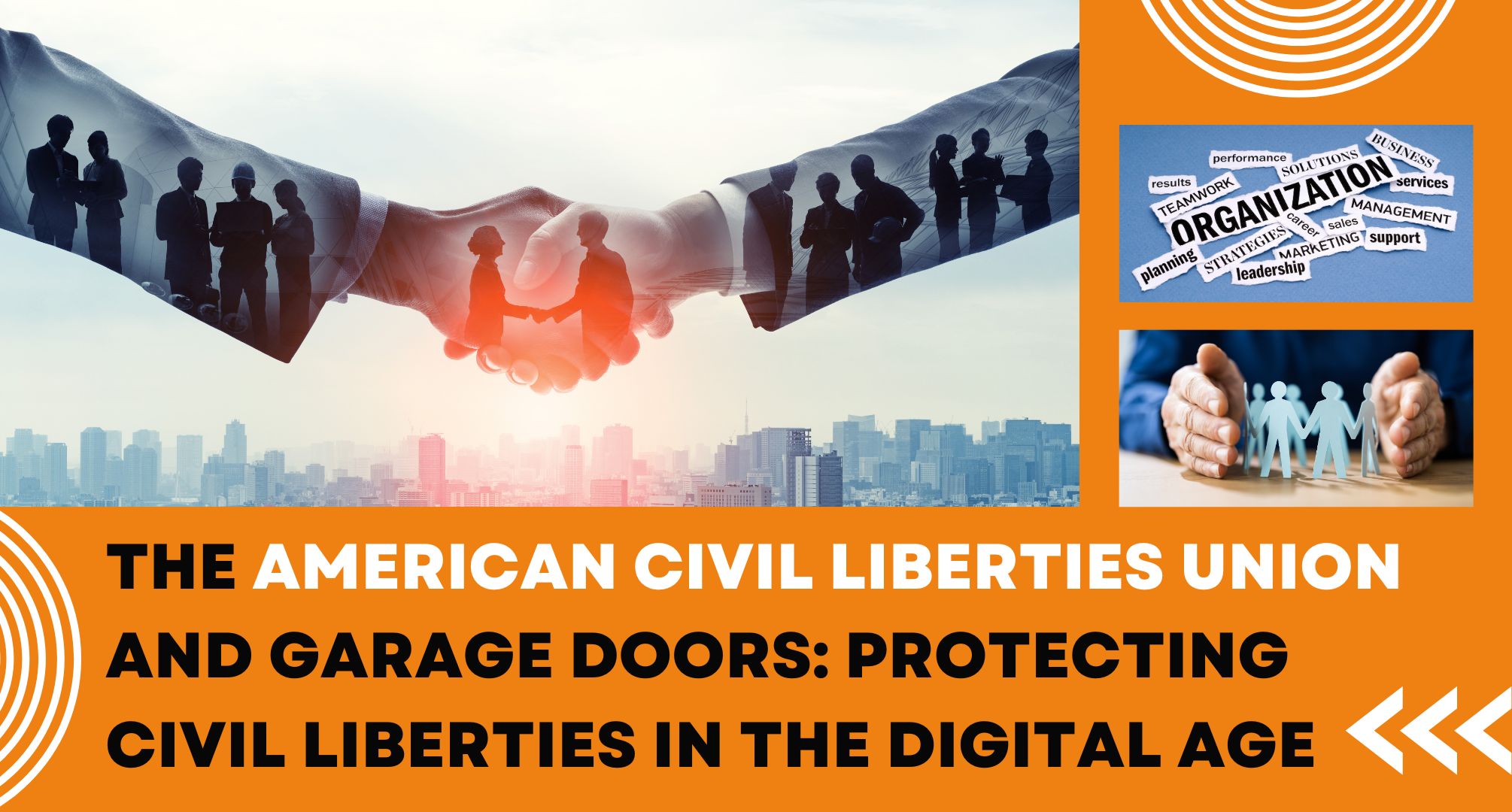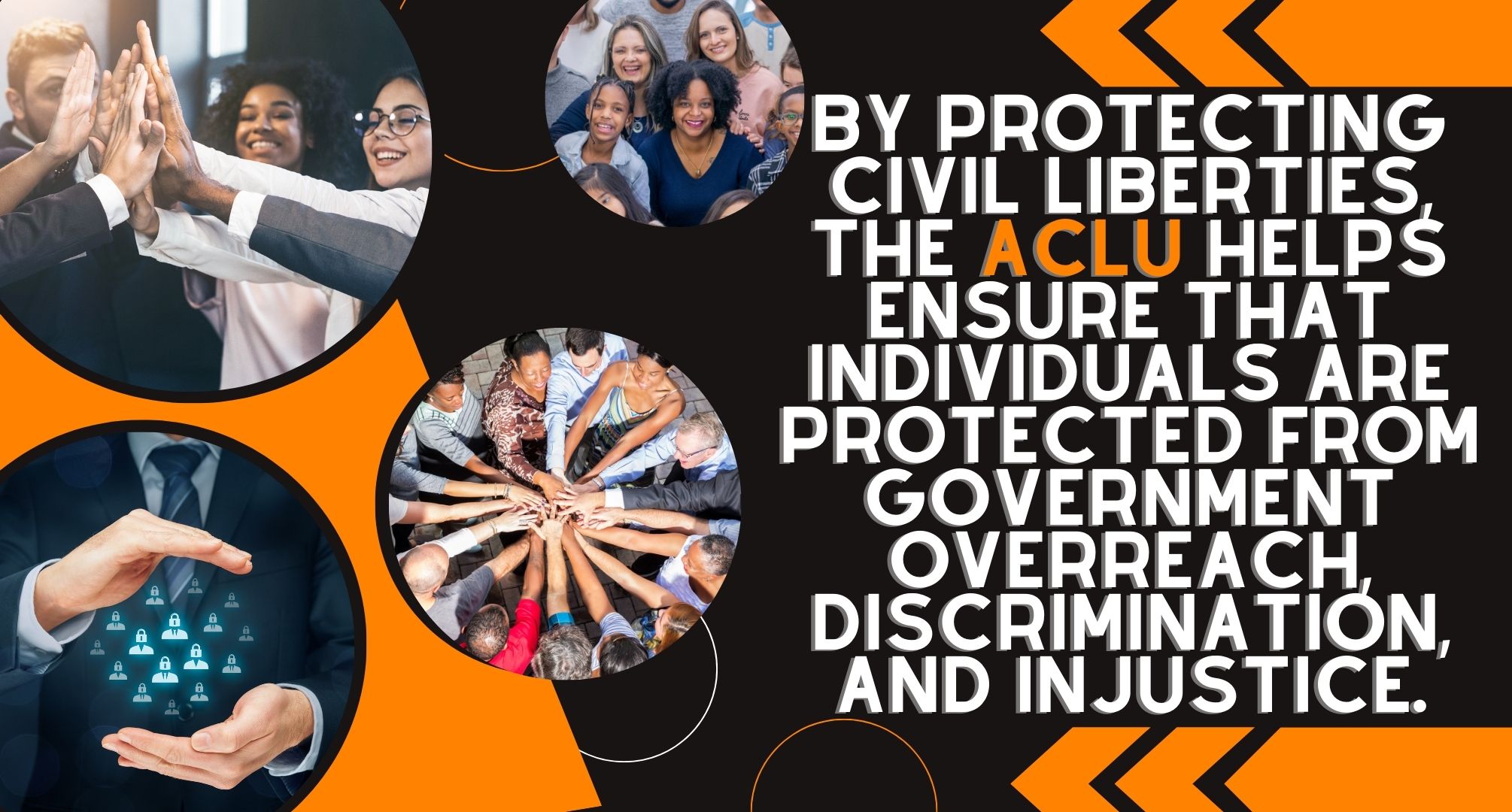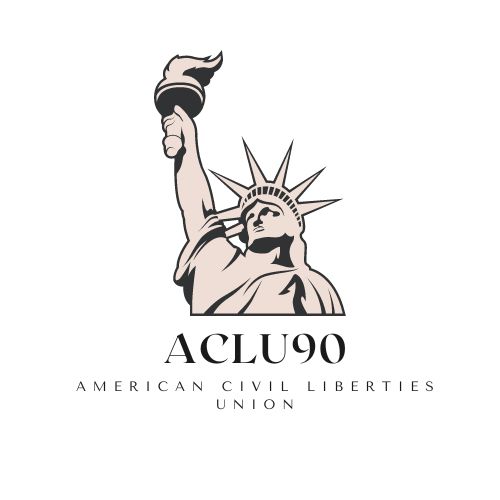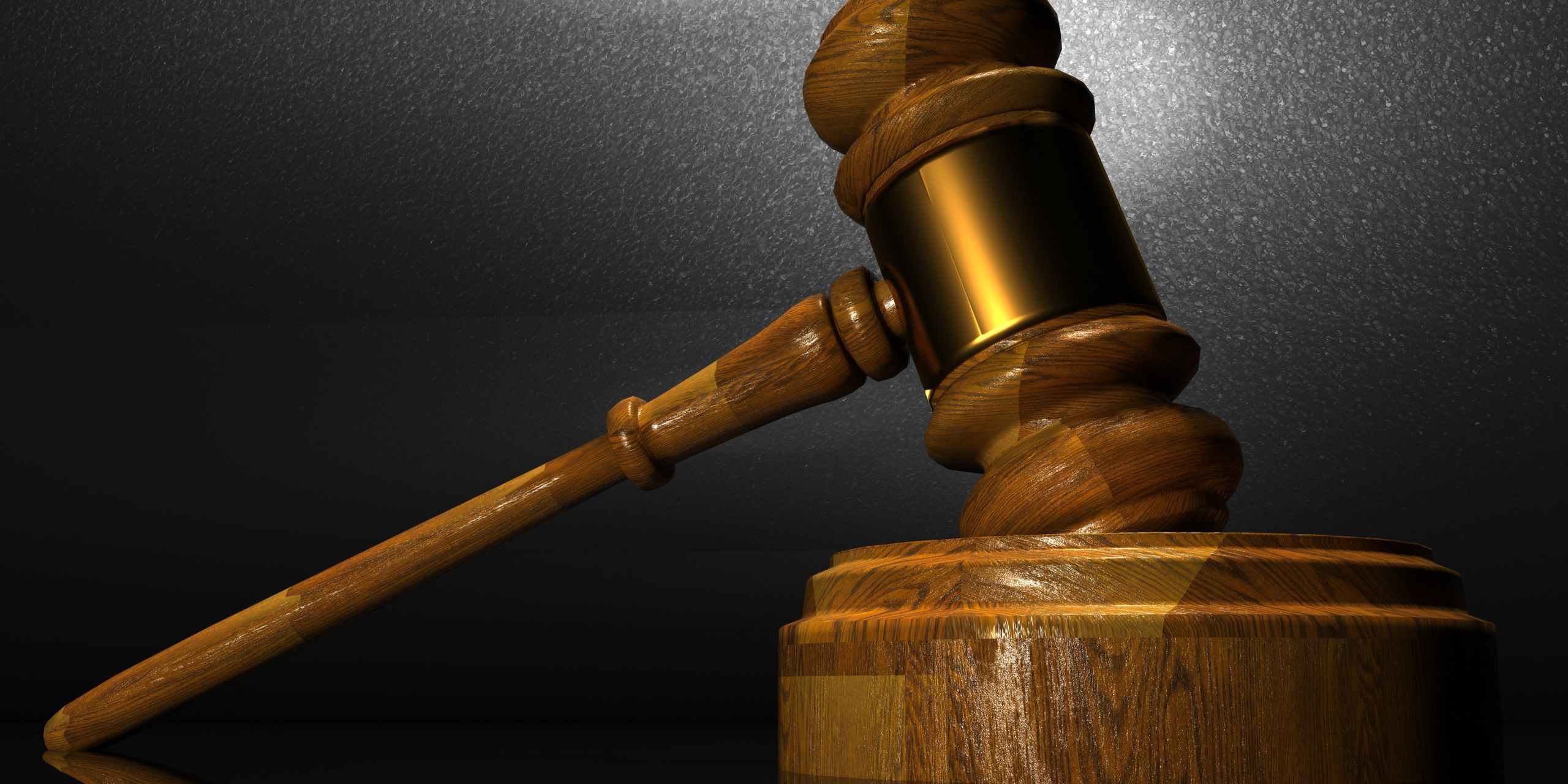The American Civil Liberties Union (ACLU) has been at the forefront of protecting civil liberties in the United States for over 100 years. This work is now more crucial than ever in the digital age. It is crucial to make sure that people’s personal freedom and democracy are maintained in light of the increase in monitoring, data collecting, and censorship. The garage door is a surprisingly effective ally in this conflict.
Although garage doors may not seem like the most obvious choice for safeguarding civil rights, they are essential for assuring people’s safety, security, accessibility, privacy, and inclusion in the digital era. We will look at how garage doors might support the ACLU in preserving civil freedoms in this essay.

An Overview of Civil Liberties
Understanding what civil rights are and why they are important is essential before delving into the role that garage doors play in defending them. Civil liberties are the legal protections for individual rights and liberties such the freedom of speech, of the press, of religion, of a fair trial, and of privacy. These rights are necessary for upholding democracy and personal freedom, as well as for shielding people from governmental abuse, prejudice, and injustice.
However, civil liberties are at danger in the digital age. The concerns of increased surveillance, data collecting, and censorship have the potential to threaten individual freedom and democracy. More than ever, it is essential to make sure that people’s rights and civil liberties are upheld.
The Function of Garage Doors in Civil Liberties Protection
Despite their seeming insignificance in the struggle for civil liberties, garage doors are crucial to maintaining people’s safety, security, accessibility, privacy, and inclusion in the digital era.
Garage doors, first and foremost, act as a physical barrier against invasion and observation. They protect people’s privacy and freedom by preventing unlawful entrance to homes and other private areas. Garage doors can also encourage accessibility and inclusion for those with impairments. Equal access to digital spaces and technology is promoted through automatic garage door openers and other accessibility features that make it simpler for people with physical disabilities to enter and exit their houses.
Additionally essential in preventing hate crimes and police violence are garage doors. Garage doors have been utilized in previous ACLU lawsuits to shield people from harassment and assault as well as to stop police from accessing houses without a warrant. As a result of these events, garage door design and installation techniques have changed, making it simpler for people to defend themselves against police brutality and hate crimes.
Features of Garage Doors that Protect Civil Liberties
The safety features of garage doors are one of the most important ways they safeguard civil freedoms. Rolling codes and auto-reverse devices on garage doors are examples of safety features that shield people from damage by preventing accidents and injuries. In addition to promoting inclusion and access for people with disabilities, these safety elements also make it simpler for them to enter and exit their homes in a secure manner.
Security features for garage doors and civil liberties
Through their security characteristics, garage doors also safeguard civil liberties. Video surveillance and keypad entry systems shield people from harm and protect their privacy by preventing unwanted entrance and discouraging criminal conduct. These security elements can also defend against cyber assaults and data breaches, guarding against the theft or compromise of people’s personal information.
Accessibility and Inclusion of Garage Doors in the Digital Age
Garage doors support accessibility and inclusion for people with impairments. Accessible garage doors guarantee that people with impairments can participate fully in the digital age by granting them equitable access to digital places and technologies. These garage doors also encourage equitable access to physical spaces by making it simpler for people with disabilities to enter and exit their homes in a secure manner.
The Contribution of Garage Doors to the Defense of First Amendment Rights
In the digital age, garage doors are essential for safeguarding First Amendment rights. They act as a physical barrier against censorship and interference, shielding people from uninvited monitoring and surveillance. In the digital age, where people’s online behaviors and conversations are subject to monitoring and restriction, this is especially crucial.
Privacy and garage doors in the digital age
Privacy is protected by garage doors, which thwart monitoring and online threats. They shield people’s private information and property from unauthorized searches and seizures by law enforcement or other people. People’s privacy and freedom can be protected by garage door privacy features like opaque or frosted glass, which make it impossible to watch or surveil someone without their permission.
Garage Doors: Opportunities and Restrictions with Regard to Civil Liberties
Although garage doors are essential for safeguarding civil liberties in the digital era, they are not without drawbacks. For instance, garage doors require routine upkeep and modifications to guarantee that they continue to operate well and safeguard people’s privacy and freedom. Additionally, garage doors could be subject to technological errors or hacks that violate people’s privacy and possessions.

Additionally, there are chances for innovation and advancement in garage door design and installation techniques. Manufacturers and installers of garage doors can put civil rights first when designing and carrying out installations, protecting people from harm and preserving their right to privacy and freedom.
Conclusion
Although garage doors may not seem like the most obvious choice for safeguarding civil rights, they are essential for assuring people’s safety, security, accessibility, privacy, and inclusion in the digital era. They defend people’s personal freedom and democracy from monitoring, censorship, cyberattacks, police brutality, and hate crimes. To continue defending civil liberties in the digital age, it is crucial to give priority to garage door safety and security measures in design and installation procedures. By doing this, we can guarantee that people’s personal freedom and democracy are preserved for future generations.

